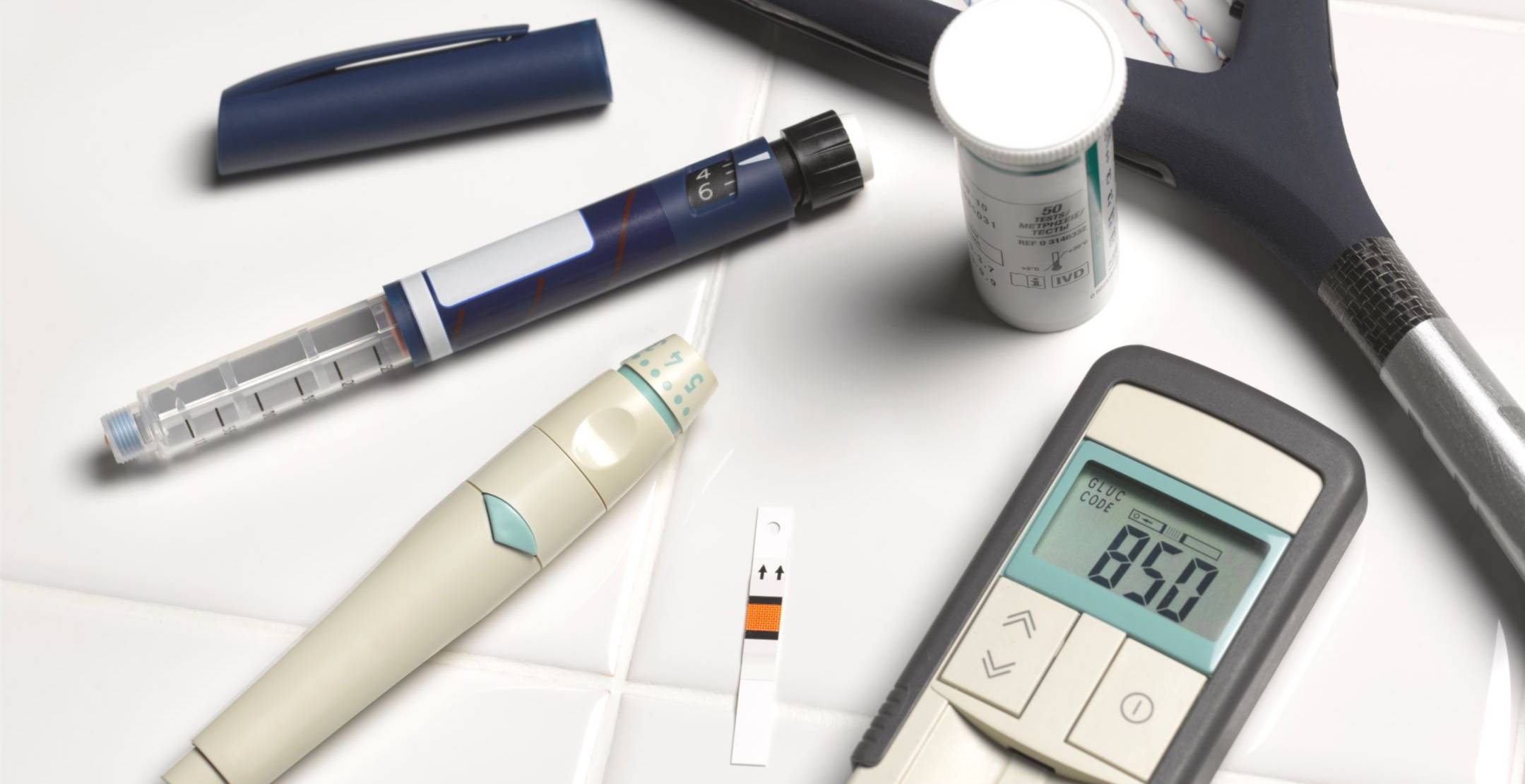Long-Term Benefits of Lifestyle and Metformin Interventions in Reducing Type 2 Diabetes Over 21 Years in the U.S. Diabetes Prevention Program Study
April 28, 2025 · Baton Rouge, LA
The U.S. Diabetes Prevention Program, or DPP, reported on April 28 the 21-year follow-up of this randomized clinical trial showing that the original intensive lifestyle intervention reduced the development of diabetes by 24% and metformin reduced diabetes development by 17%. The DPP had previously showed that after the first 3 years of study, the intensive lifestyle, aimed at moderate weight loss and increased physical activity, and the medication metformin reduced the onset of type 2 diabetes by 58% and 31%, respectively, compared with a placebo medicine. All participants were adults at high risk of developing diabetes.
The long-term follow-up of 3,195 DPP participants, reported in the medical journal Lancet Diabetes and Endocrinology, highlights the long-term benefits of the interventions in preventing the development of diabetes. Compared with the original placebo group, the median time without diabetes was extended by 3.5 years in the lifestyle group and 2.5 years in the metformin group.
The original DPP clinical trial started in 1996, when the participants were 51 years old, on average, and 45% identified as members of U.S. minority groups who are especially affected by type 2 diabetes. The long-term benefits of the two interventions extended across all of the racial-ethnic groups included in the study.
In summary, the large intervention effects seen in the first few years of the trial led to sustained reductions in diabetes development over 21 years, increasing the years without diabetes. Despite the challenges in maintaining long-term intensive lifestyle and medicine interventions, even short-term interventions have long-lasting benefits, the study shows.
The DPP/DPPOS site at Pennington Biomedical Research Center currently follows 76 residents in the Baton Rouge area who have been with the study for 26 to nearly 30 years.
“Since Pennington Biomedical’s founding Executive Director Dr. George Bray began studying these individuals in 1996, DPP participants have displayed some of the very best qualities that Louisianians have to offer: hard work, dedication, and commitment to a greater good that is much bigger than themselves,” said current site leader Dr. Owen Carmichael, Director of Biomedical Imaging and Professor at Pennington Biomedical. “Frankly, these Louisianans have helped to change the course of modern medicine – not just in Baton Rouge, but worldwide – for the better.”
The Diabetes Prevention Program and its long-term follow-up were funded by the National Institute of Diabetes and Digestive and Kidney Diseases of the National Institutes of Health, and other agencies. The longer-term follow-up of the study participants for the development of additional age-related conditions, including Alzheimer’s disease, was funded primarily by the National Institute on Aging.
For more information contact:
Joe Coussan, Media Relations Manager, joe.coussan@pbrc.edu, 225-763-3049 or Ernie Ballard, Senior Director of Communications & Marketing, ernie.ballard@pbrc.edu, 225-263-2677.
About the Pennington Biomedical Research Center
The Pennington Biomedical Research Center is at the forefront of medical discovery as it relates to understanding the triggers of obesity, diabetes, cardiovascular disease, cancer and dementia. Pennington Biomedical has the vision to lead the world in promoting nutrition and metabolic health and eliminating metabolic disease through scientific discoveries that create solutions from cells to society. The Center conducts basic, clinical and population research, and is a campus in the LSU System.
The research enterprise at Pennington Biomedical includes over 600 employees within a network of 44 clinics and research laboratories, and 16 highly specialized core service facilities. Its scientists and physician/scientists are supported by research trainees, lab technicians, nurses, dietitians and other support personnel. Pennington Biomedical is a globally recognized state-of-the-art research institution in Baton Rouge, Louisiana. For more information, see www.pbrc.edu.
Pennington Biomedical Research Center
6400 Perkins Road
Baton Rouge, LA 70808



